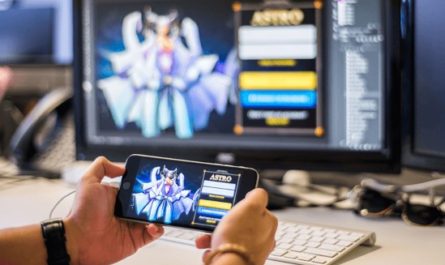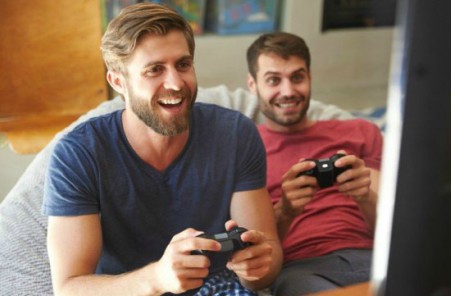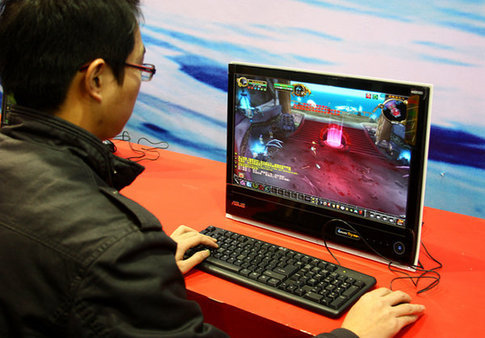Last Updated on February 16, 2021 by Sohail Qaisar
If you were asked to name the connections between social media, online gaming and the real world, would you be able to answer that question? Most of us could to some degree, but when it gets right down to it, there are some really disturbing possibilities many of us are yet unaware of. Even avid gamers sometimes fail to get the connection and this can present quite a problem when stepping back into reality from our social media or gaming personas. Some people like to go outside and play real world horse racing games where they also interact with different people and thus socially enhance their exposure and skills. Here are some random thoughts on the matter.
Creating a Fictional Persona
One of the most popular elements of online gaming and social media is the fact that you can literally create a fictional persona which you can step into whenever the urge strikes you. No one, unless a personal friend who is privy to your screen name, knows who you are and what you do. There is no way for anyone less than an expert hacker to know how old you are, where you live and if you’ve really done all the things you’ve created in your online profile.
This is one of the reasons why there is so much controversy on the safety of spending too much time on social sites or in online game rooms. Some people contend that at some point those fictional personas may begin to seem ‘real’ to those who have created what amounts to being an alter ego.
Devastating Effects on Real Life Interactions
Being social creatures by nature, only hermits don’t engage with other humans on a daily basis, and real hermits are a scarce commodity. If there are even 1,000 alive today, that would be a miracle! So then, when human interaction is a day-to-day occurrence, how do social media and online gaming impact those relationships? An excerpt from an article on medium.com states that:
“Social media can have catastrophic effects on humans as social creatures if used to replace rather than enhance, provoking false senses of connection, psychological changes to how people approach relationships, and negative emotional responses to these types of communications.”
And, here it is necessary to look at the proposition that social media (and gaming implied) can give us a false sense of what it really means to connect to others. The author goes on to state that these changes in our psyche, these fictional alter egos, change the ways in which we interact in all our relationships. That’s a scary thought, isn’t it? Imagine treating your real-life ‘enemies’ like you would in Mortal Combat. Scary doesn’t begin to cover it!
You Really Can Have the Best of All Three
For those who enjoy living in these fictional personas, why not take that to the real world? There are real life games you can play that allow you to step into character without the damaging effects of actually trying to live those personas. Why don’t you spend an evening a week at the Columbus escape rooms, for example? Here you can be a character in a mystery in which you try to solve the puzzle with other live players working with you to collect clues. You have one hour to solve the mystery in a locked room which will only unlock the doors when the mystery is solved.
Random as these thoughts may be, there just might be something in the theory that creating and living those fictional personas might begin to affect who we are in the real world. There are some people who simply don’t have the ability to step into and out of character that easily and these are the people most in danger of suffering the consequences of living too long in the digital realm. Perhaps a healthy balance is the best remedy, but then again, who’s to say what’s healthy? That’s your problem to solve this week.


